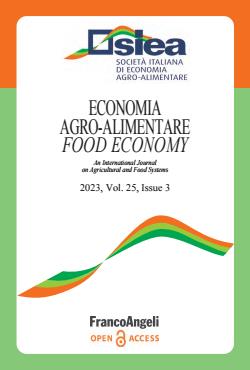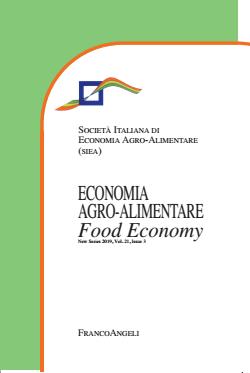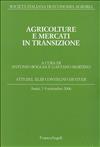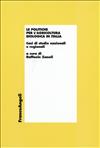
Dried pasta is depicted as the most traditional and popular Italian food culture. Italy has the highest per capita pasta consumption worldwide, but lifestyle changes define new habits and trends in consuming this traditional Italian food. The present study aims to explore organic consumers’ knowledge, attitudes and preferences for dried pasta and, specifically, the relevance of organic and “ancient” durum wheat varieties.Results show limited knowledge of consumers about dried pasta characteristics and the relevance of extrinsic cues, especially those related to expected taste and local origin. Therefore, the most relevant claims for improving the communication strategy of dried pasta are identified. Companies should meet consumers’ preferences by increasing investments in the innovation of this staple food with a focus on improving production processes and packaging design with more effective front-of-pack communication. The findings provide insights into the pasta market, which may help organic companies to enter this new market and make their products more appealing to consumers.






